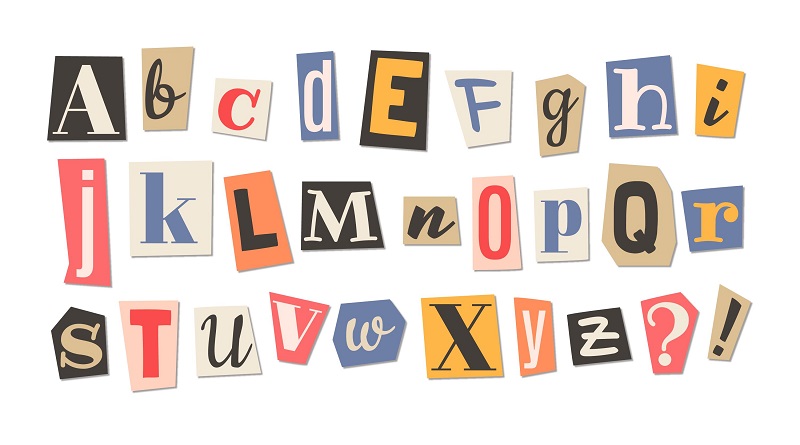Consonants, Vowels, and Assessments of Truthfulness

It is sometimes the case that the Home Office chooses to disbelieve an applicant for Asylum because, through no fault of their own, different people at different stages of The Asylum Process have transliterated their name (or, perhaps, the name of their home area or something similar) differently.
Perhaps a vowel is substituted when an interpreter sounds out the person's name. Perhaps interviewing officers have a crack at spelling the name themselves. Perhaps the name is one which simply doesn't transliterate very well into another language.
It is not difficult to imagine a variety of ways in which a spelling of a word taken from one language to another might vary.
Thankfully, the Home Office has largely grown out of suggesting that such issues are evidence of an individual's untruthfulness. But examples still appear.
What is more striking, however, is when the Tribunal starts to take such points against Asylum Applicants, and suggests that they demonstrate untruthfulness.
So it was in the case of Mr A. The First Tier Tribunal took issue with the fact that one of Mr A's names, 'Ali', was sometimes spelt 'Aly' rather than 'Ali'. This, the Tribunal had concluded, was reason to doubt whether or not Mr A was a witness of truth.
Acting on Mr A's behalf, Craig Holmes, instructed by Ashwood solicitors, succeeded in challenging the First Tier Tribunal's approach to this issue, arguing that a difference in spelling, whether minor or otherwise, could not rationally lead the Tribunal to conclude that any given individual was being untruthful.
The experienced Immigration Barrister Craig Holmes was able to point towards the 21 different spellings of ‘Gadaffi', the late Libyan dictator's surname (some sources suggest that there are in total as many as 112 variations of his name) as well as the general disconnect between a transliteration, and an individual's veracity.
The Upper Tribunal characterised the First Tier Tribunal's approach to this issue as "nonsense".
Ultimately, in a re-made decision, the Upper Tribunal came to allow the appeal.
That reversal of fortune for Mr A perhaps demonstrates well the danger of decision makers, and Tribunal Judges, being far too willing to see such issues as indicators of untruthfulness, rather than as simple quirks of language, and occupational hazards for those working with the language divide that appears in so many Asylum Claims that work their way through the Tribunal system.
Craig Holmes is an Immigration Barrister with expertise in Unlawful Detention, Settlement Applications, Asylum and Civil Penalties. If you have an Immigration, Asylum or Nationality case you need advice or advocacy for, call our Immigration Clerks Courtney Soden and Daniella Howarth on 0161 832 4036, email [email protected], [email protected] or fill out our contact form.
Image credit: freepik
